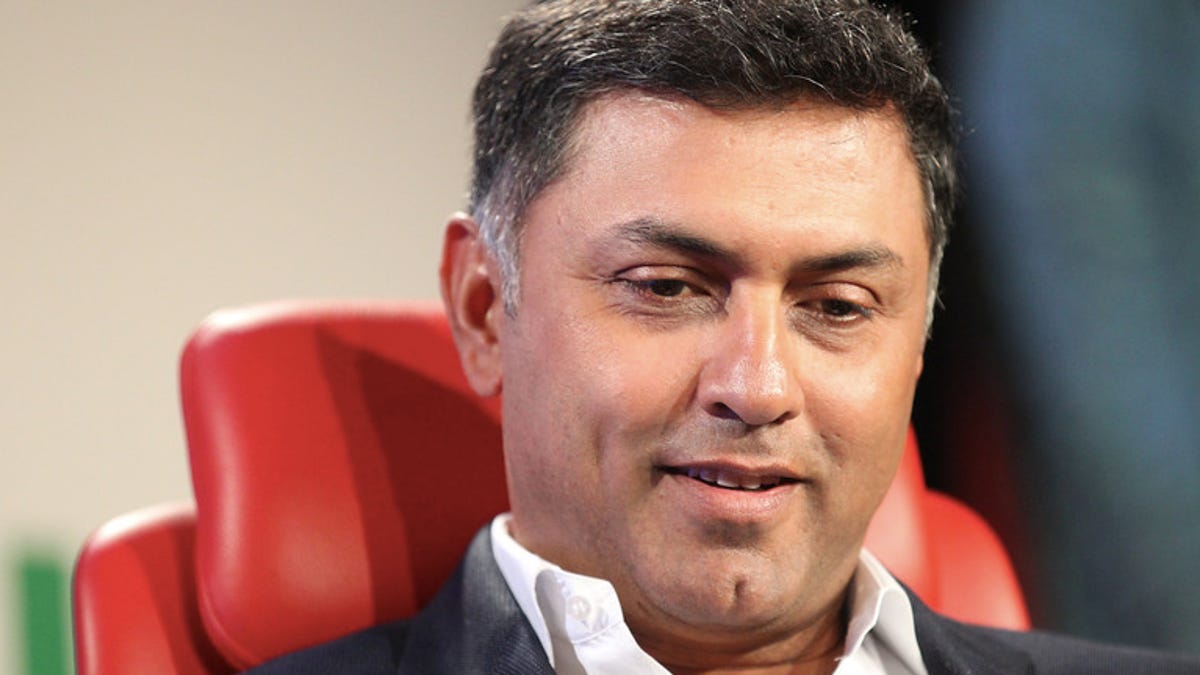Google's cash machine awaits Internet-connected TVs
The emergence of Internet-connected TV and converged services are tipping points for online ads dominating the advertising landscape, says Google business chief, Nikesh Arora.

DANA POINT, Calif. -- Google's chief business officer sees the future, and it is Internet-connected TVs. "The big tipping point we are waiting for is Internet-connected televisions," said Nikesh Arora, speaking with All Things D's Liz Gannes at the Dive into Media conference here today.
"Right now Internet-connected TV is nice to have, not must have. When it is must-have, then we will be able to have advertising delivered off the Web. The moment you can do that, broadcast TV [advertising] doesn't have a role," Arora said.
In the Internet-connected TV world, ads can be customized for each individual viewer, based on location, clicks, surfing habits and other signals. "We can have more accurate advertising, and encourage advertisers to spend more," he added. "If I just bought a car last week, why would you want to try to sell me a car?"
Arora expects that online is on track to account for half of the $800 billion in advertising spend per year. Currently, online ad spending is less than $100 billion. For Google, the goal is to have a "reasonable" share of ad spending, which is continuing to grow. Related to the move to more online ad spending is advertisers getting a handle on mobile. "Advertisers have been slightly slow in adapting to mobility," Arora said.
Regarding privacy concerns, Arora said, "It's fair to say people make choices. They make a choice to use credit cards for convenience. We know [the advertisers] have the information, but they make it more exciting, interesting or convenient for me."
In addition to Internet-connected TVs, Arora said that services will converge over the next five or 10 years. "We will consume content across any screen when we want and how we want," he said. "I am tired of having four different services to consume music on different devices. As services start to converge, we will learn a lot more about usage, and it allows you to create better advertising." The better advertising is more like "information" that anticipates a need, and viewers will likely engage with the ad at a high level, he said.
Regarding Google's relationship with the movie and TV studios, Arora quipped, "Hollywood is about drama, suspense and intrigue. Our relationship with Hollywood is similar."
He did allow that studio heads are great content creators and business people. "We have had fruitful conversations, and will see more professional content online."
With YouTube available on 400 million mobile devices and YouTube viewers consuming 4 billion hours of videos per month last year, Arora has a way to reduce the drama, suspense and intrigue in his negotiations with Hollywood and other content providers.

